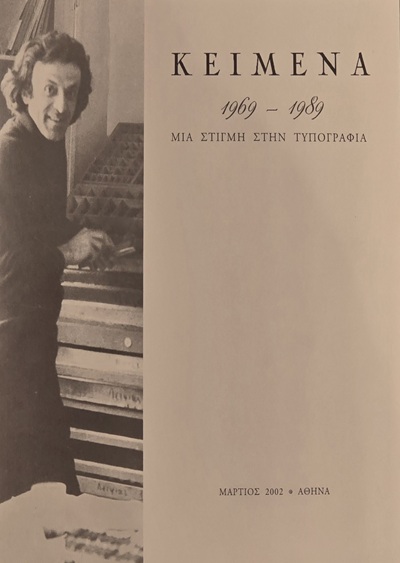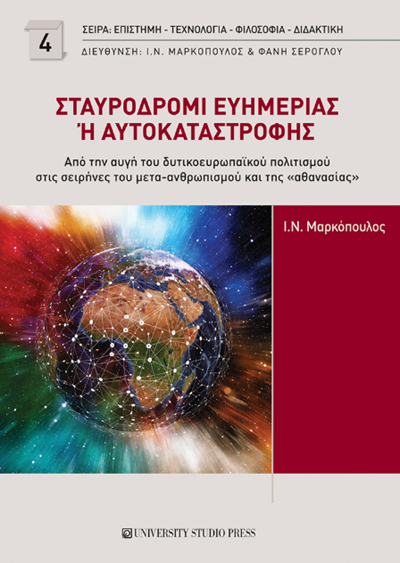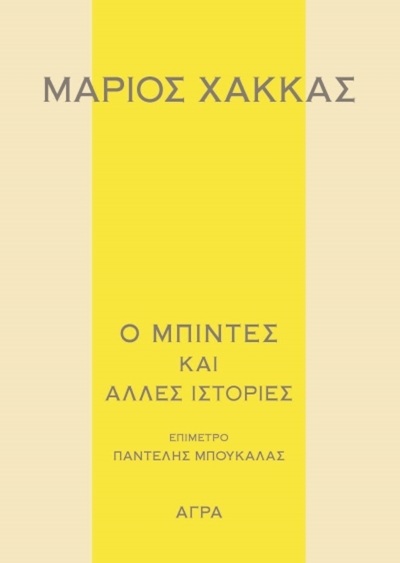The true story of a name… Zorbas!
By Dr. Konstantinos V. Zorbas
Many years ago, the years of realizing that there are other things in life beyond playing in the large open fields at our poor neighbourhood in Larisa, near the Aqueduct, I remember with nostalgia the open-air market of Larisa. A Bazaar… a word that has a special meaning for all of us who lived in the Region of Larisa, as a way of life. At least for all those who knew the original market in the garden of Alcazar!
How longingly and impatiently did we wait for this when we were kids! It was like suddenly entering a world of fairy tales, the world of Alice in the land of wonders. A world filled with colours, fragrances, sounds and games, some of which were surely for us. And those endless walks up and down, with our mothers who wanted to shop for Christmas and dragged us willy nilly by the hand. And we would listen to that interminable buzz from the “round of death” and we would shiver!
It was then that I first discovered the word “death” and the word “Zorbas”. The first one because my grandfather passed away those days, and we bode him farewell with all the honors accorded to those asleep in death back then. The second one was somewhere between the socks and the sheets, at the stand of a bookseller. I did not understand and I really wondered what my surname had to do with the title of the book I held in my hands, Life and Times of Alexis Zorba. We all know that old man Alexis Zorba reveals a treasure trove of experiences that fascinate Cretan intellectual Nikos Kazantzakis. Yet, Zorbas is a creature insatiable, inatsiaris ,[1] unprejudiced, calmly accepting poverty, life and death in a generous embrace.
Many years passed ever since that book was filled with my underlinings in red, when quite by chance I learned from my father that our real surname was Lokas[2]. My grandfather was Konstantinos Lokas, from Zarkos in the Trikala area. So my father was known as the “son of Zorba” in Larisa. My grandfather ― and today I report this “soldier-like before the general”[3] ― lived his life in his own way, proclaiming the Dionysian lust for life, just as “eater, drinker, workhorse […] and vagabond”[4] Zorba, also stubbornly in the Tambakika or Tabagli neighbourhood of Larisa. This was the neighbourhood of tanners, saddle-makers, shoemakers and sandal-makers who had their workshops there. It was one of the poorest places in the city of Larisa, also of ill fame.
My grandfather, the strongest “koutsavaki”[5], as my late father used to say, achieved the impossible: he managed to convince everyone that actions have great importance, whatever they may be! At a time when our daily life has been filled with anxiety and fear, Alexis Zorbas[6] ― whether as literary hero or as a movie hero or as a historical personality ― teaches us something significant. What may be lacking in our own lives has been ignored and replaced with a variety of stress sources; and this is the way to love life by facing it head on.
I do lack a manual for loving life!
[1] Stubborn. Hence the Greek proverb “the inati [stubbornness] is the greatest ill”.
[2] To this day in Larisa, a “Lokas” furniture factory still survives.
[3] Nikos Kazantzakis, Report to Greco, Simon and Schuster, 2012 (https://books.google.gr/books?id=W10IZJrn3NUC&printsec).
[4] Ibid.
[5] Cool dude, tough lad.
[6] About the life of the real Giorgis Zorbas, the original inspiration for the hero, see Giannis Anapliotis, Ο αληθινός Ζορμπάς και ο Νίκος Καζαντζάκης [The real Zorba and Nikos Kazantzakis], Dromon publications, Athens 2003; Giorgos Stasinakis, Καζαντζάκης–Ζορμπάς [Kazantzakis-Zorbas], Kastaniotis publications, Athens 2017.







Leave A Comment